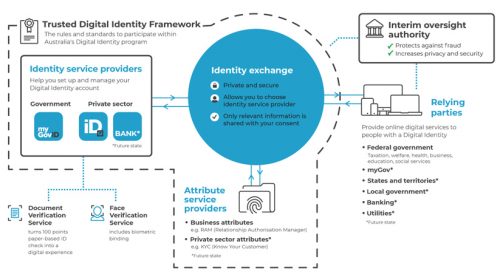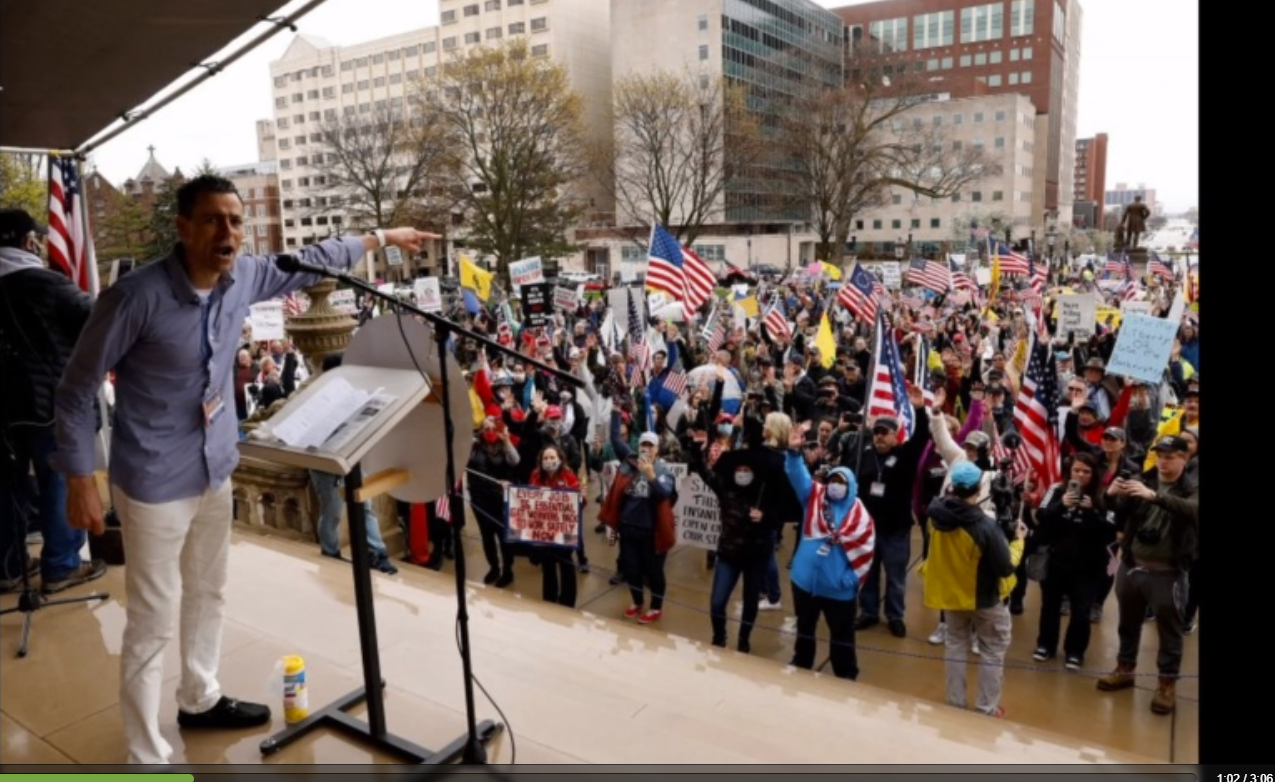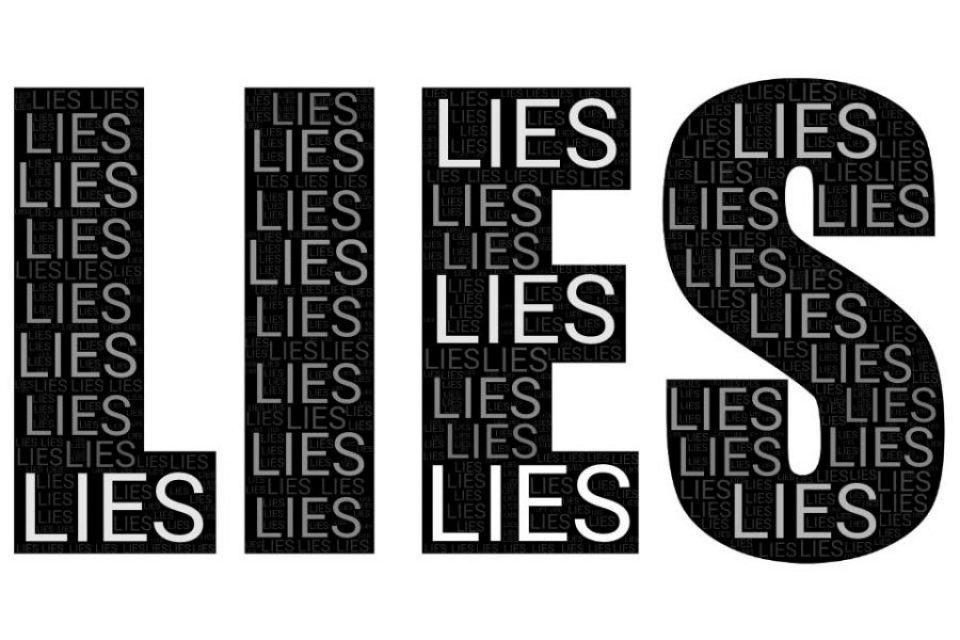Americans’ greatest fear (and greatest failure)
Nov 2, 2015
With Halloween over, the fright and haunt gimmicks are gone, but the scariest of all beasts still lurks among us—and it is not a gimmick. The Washington Post reports on a study conducted by Chapman University: “Survey of American Fears 2015.” The top 10 fears are shown in the chart below, and number 1 (by a comfortable margin) will shock you into reality quite well. The question is, what shall come of this awareness?
Coming in surprisingly far ahead of various forms of terrorism, warfare, and digital thefts and fraud stands the greatest fear imaginable: “corruption by government officials.” A whopping fifty-eight percent of respondents cited our own government as their greatest fear.
The article comments,
[I]t’s no wonder government corruption is a top concern this year. It’s a presidential election year, and the slogan for the leading Republican candidate, Donald Trump, is “Make America Great Again,” implying it is currently not. And the leading Democrat, Hillary Rodham Clinton, has been embroiled in questions about her trustworthiness.
Then there’s the rise of ISIS and related instability in the Middle East. The pervasive message is that the world is an unsafe place.
This is a pretty shallow analysis, even considering it was only meant to be in passing. The importance of their conclusion, however, should not be lost:
The Chapman researchers found that nearly one-quarter of Americans said they’ve voted for a political candidate solely out of fear.
I suspect the percentage is much higher than that, but the point stands well enough. I can’t count the number of people I know who were cajoled to vote for a certain candidate merely because the great fears of another Obama term were wielded as a stick before them. Fear it was. Whatever footing some voters might have once had in principle disappeared the moment the pressure of fear came.
I was moved yesterday as I reread the testimony the great Reformed scholar and minister J. Gresham Machen once gave before members of both the House and Senate. He testified against a federal department of education. You should read the whole thing for your education, but a few excerpts are especially relevant here. Machen opposed the creation of such a department on many levels, but the most important one was that he opposed government funding of education, and especially federal aid on principle. On this he was not willing to compromise an inch, even if conceding that some good things could be said to come from federal aid.
One of the committee members tried to test Machen’s consistency on the principle of federal aid. The following exchange ensued (emphases mine):
MR. ROBISON: Do you object, then, to the activities of the Federal Government in the way of Federal aid to roads and to agriculture and to commerce and to labor?
DR. MACHEN: I object in general to the principle of Federal aid; yes, sir.
Mr. Robison was in disbelief. He had to repeat himself, as if he hadn’t been clear and Machen hadn’t understood properly:
MR. ROBISON: I mean, to the activities of the Federal Government in agriculture and roads and commerce and labor?
DR. MACHEN: I do in general. Of course, a line has to be drawn. The Federal Government has a right to regulate interstate commerce. There are certain powers that are delegated to it definitely by the Constitution, and I do not desire to speak about other subjects; but in general I am opposed, sir, to the principle of Federal aid in the spheres where the States are really in control.
Mr. Robison still couldn’t believe his ears. He had to go for it for a third time:
MR. ROBISON: In agriculture the activities of the Federal Government may have no relation to interstate commerce, but be directed to other matters.
DR. MACHEN: I am opposed, sir, to the extension of the operation of the principle of Federal aid. I think that it has clearly gone too far even in other spheres; that it has clearly gone too far, and that it should be checked. . . .
After several exchanges with other members, Mr. Robison came back and made yet another attempt:
MR. ROBISON: Now, if I understand you, if you are sorry that there is a Bureau of Education here in Washington, then it follows that your mind tells you that it ought to be abolished; and then, further, if you do not know the activities of the Bureau of Education here and its relation to the public schools and public education of the country, how can you say that an enlargement of this bureau would be harmful or helpful?
DR. MACHEN: I am opposed to it, as I tried to explain, sir, in principle.
MR. ROBISON: I know you said you are opposed to it.
DR. MACHEN: I am opposed to the principle of Federal aid, and I am opposed to the activities of the Federal bureau where they involve the laying down of standards of education — of certain standards for colleges, for example. I think that is an unfortunate thing. I think it is very much better to have men who are engaged in education examine methods of education, examine standards, rather than to have such agencies of research come before the people with the authority of the Federal Government, with the fear at all times that we shall have an agitation to compel schools to maintain those standards. . . .
Not only is this an example of a minister unafraid to confront the civil rulers of the day with truth, but also a man who was unafraid to compromise on his principle even when it would seem to be unpopular (roads, bridges, agriculture, etc.).
Machen spoke to this point even more explicitly. A member of the committee asked why a certain group of educators had voted almost unanimously in favor of the proposed department, yet when asked in person afterward almost to a man repudiated the measure. Machen’s response is priceless:
A great many men feel that there is no use in voting against a thing unless you can defeat it. I do not feel that way. I think it is a very important thing to vote exactly in accordance with your conscience, quite irrespective of the immediate success of your vote in your dealing with that measure.
And with that, we circle right back to the problem mentioned in this article on Americans’ greatest fear. People know what the problem is, and they know in general what to oppose on principle. When asked in private, they can tell you they oppose it on principle. But when the great machine is running and it looks like standing on principle may be in the minority or unpopular, they fold. They vote for the corrupt government time and again, cajoled by arguments based on unprincipled fears, short-term fears, compromised fears, corrupt fears. They are cajoled by all the things they say they fear the most. They hate socialism with a passion, but they vote for the socialists in both parties and protect socialism in their schools, police forces, health care, retirement, jobs, roads, bridges, agriculture, military, etc.—virtually every place it really matters.
In short, Americans know their worst fear, they know what it is, and yet they run back to it over and over. It’s like a twisted Stockholm syndrome in which the captor is corrupt government. America’s greatest fear is also our greatest failure.
Rearranging the chairs and parties in DC will not change anything. No major advance for conservative or Christian values has occurred in federal politics for decades with the sole exception of corporate tax rates. We need radically to decentralize power, loose the strings of federal and state grants, privatize the school systems, privatize money, banking, markets, health care and old age insurance, as well as everything else except an elected court and jury system.
This study shows us one thing: we know what the problem is. The big step is having the courage to break from denial and admit the addiction when it counts. Then, we can have a discussion about sacrifice and steps to freedom.









